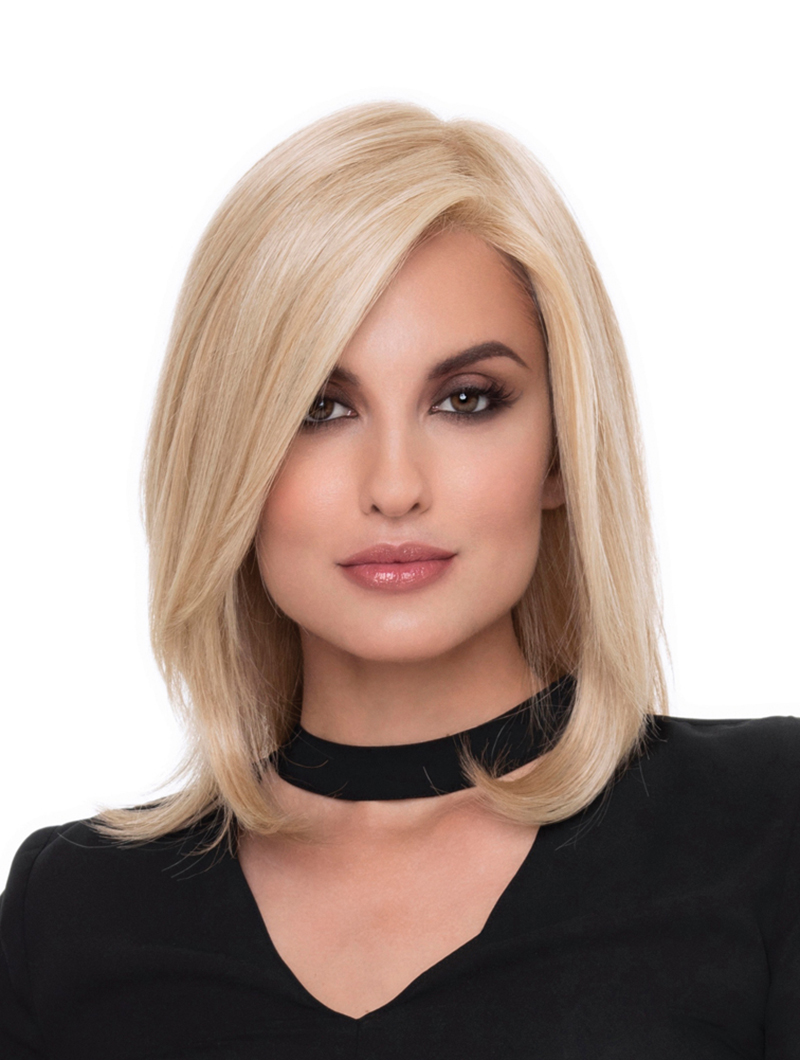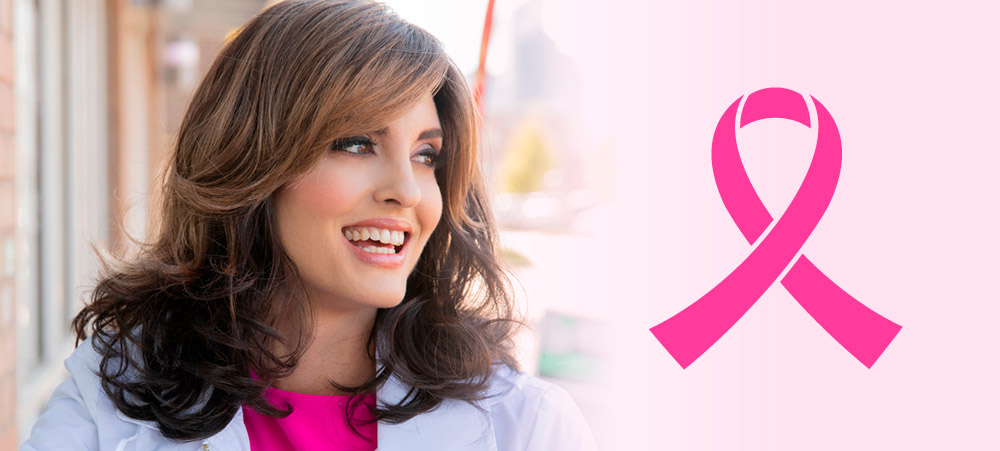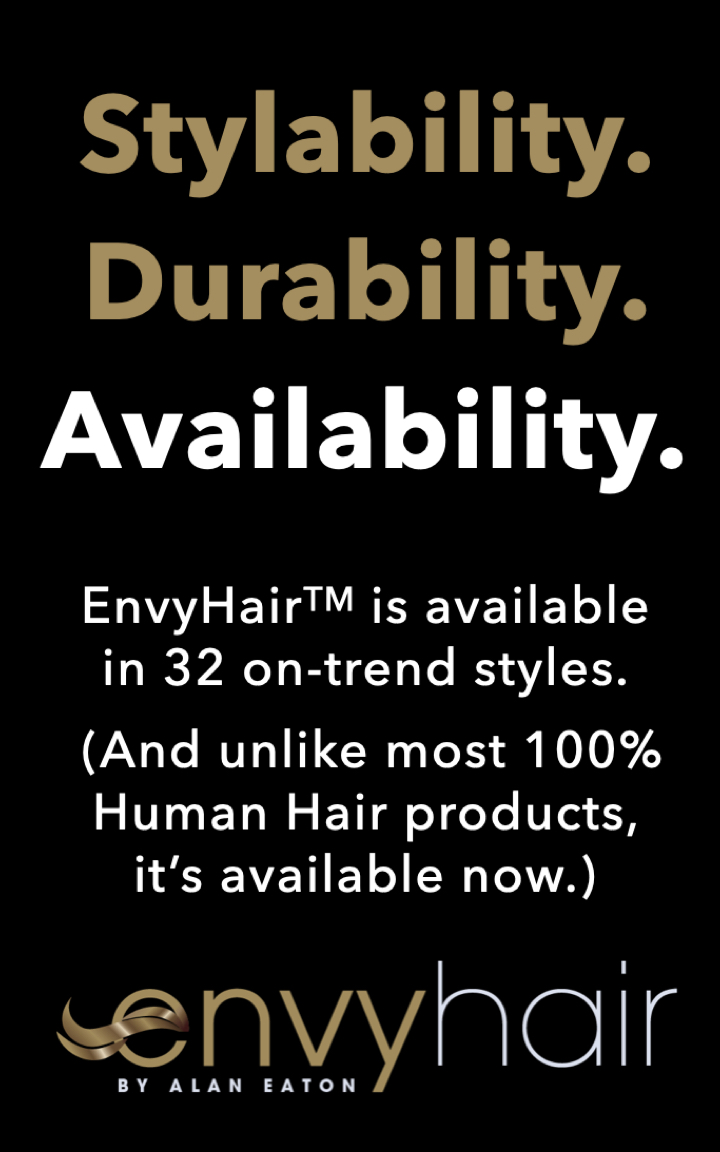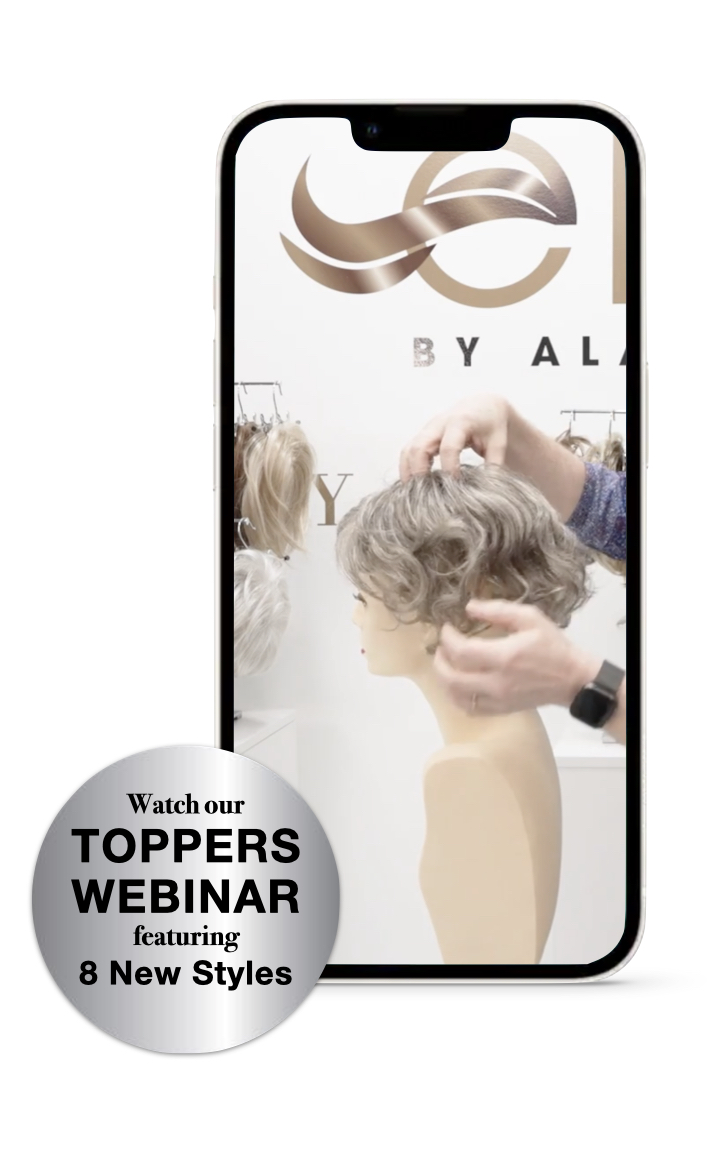Did you know that 50% of women experience thinning hair after fifty? That women leading stressful lives are 11 times more likely to experience hair loss? And that hair loss is rising steadily in younger generations, due to poor nutrition, yo-yo dieting, and new medications.
Thankfully, the acceptance of wigs has risen dramatically, as well.
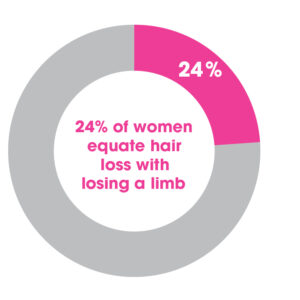 That’s no coincidence, says ENVY Designer & CEO, Alan Eaton, who has spent his 20+ year career ensuring every style is more comfortable AND more life-like, helping to erase past stigmas associated with wig-wearing.
That’s no coincidence, says ENVY Designer & CEO, Alan Eaton, who has spent his 20+ year career ensuring every style is more comfortable AND more life-like, helping to erase past stigmas associated with wig-wearing.
That acceptance couldn’t come soon enough for the 24% of women who equate hair loss with losing a limb—a stat that resonates even more loudly this October. While Breast Cancer Awareness Month has long focused on signs and treatments, many doctors concede that more can be done to build awareness of the non-medical (or emotional) aspects surrounding cancer. While the occasional study has centered on coping with hair loss, further research is needed on how to best treat the depression, anxiety and social phobia that results from it.
Purposeful Innovation

“I see how good an ENVY wig can feel to both the outer scalp and the inner soul,” says Designer & CEO, Alan Eaton.
For Alan, it doesn’t take research to see how today’s wigs can counter those conditions. Launching ENVY when a dear friend began to suffer hair loss, Alan’s commitment to consumer needs has led to numerous innovations—from his Mono Top Collection’s breathable cap, which gives the look of a natural scalp while being soft-as-a-breeze on sensitive scalps; to ENVY’s Capless Construction, which allows even the most close-fitting, contoured styles to lie naturally.
Of the many “gains” that increased hair loss has sparked, “The confidence that women feel when no one knows they’re wearing a wig is the most rewarding.”
“I bought an ENVY wig for my mother (a Stage 4 Breast Cancer survivor) whose hair never grew back… and love the fact that she looks just like she did before all this happened.”
—Verified Buyer
Looking Real When Things Get Real.
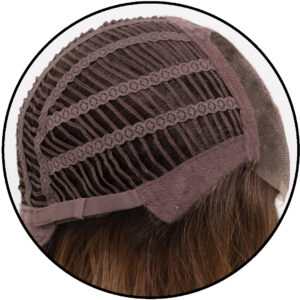
ENVY’s Adjustable Ear Tabs and Velcro closures provide a near-custom fit (reducing scalp irritation).
“The hair I’ve always wanted!” are words ENVY always wants to hear—especially coming from someone going through chemotherapy. “Even those that know my natural hair was lost due to chemo are doing a double take when I remind them I’m wearing a wig,” said the same woman.
More than just welcome praise, those words, “Speak to how powerful the connection is between hair and self-worth,” notes Alan. With research showing that 67% of female cancer patients experience emotional changes, today’s generation of wigs can enhance patients’ self-esteem, provide mental stability, and help them lead a normal social life. (Making ENVY’s tagline, Live Your Hair to the Fullest™, resonate even more.)
“It’s so much like my previous hair but better… and the flexibility with the bangs looks as natural as possible.”
—Lisa G, Verified Buyer (who lost her hair due to chemotherapy)

SHYLA (show in Mocha Frost) is one of 3 breathable, chiffon-lined styles specially designed to keep sensitive scalps cool.
Enjoying such emotional benefits starts with securing your wig properly—something especially important for patients whose sensitive scalps can get irritated otherwise. ENVY’s Adjustable Ear Tabs and Velcro Closures can help ensure a near-custom fit. “And we’ve introduced Bamboo Cap Liners, whose natural antibacterial qualities make them ideal for those undergoing chemotherapy,” says Alan, stressing that getting used to wearing a wig beforehand is a big step cancer patients can take to feel in control. Cutting your hair short (or even shaving your head) beforehand is another—empowering women by allowing them (not the chemo) to decide when their hair goes.
What’s Next?
With 10 NEW styles introduced this fall (many featuring ENVY’s breathable French lace), comfort and naturalness remain Alan’s focus. “With every gain ENVY and others make, women gain so much more,” he says. And as wigs continue to trend around the world this October, he hopes cancer patients—and ALL women—become aware of the next-level confidence today’s wigs provide.
Help Provide Free Wigs to Cancer Patients
While some insurers help patients cover the cost of a wig (with a doctor’s prescription), Medicare Parts A and B do not. If you’d like to donate a gently-used wig to the American Cancer Society, search for your location on their website, then enter program type (Wigs – free) in the drop-down menu.
Sources: Non-Medical Aspect of Cancer Care Survey, lookgoodfeelbetter.org; A Mixed Methods Survey of Social Anxiety, Anxiety, Depression and Wig Use in Alopecia


